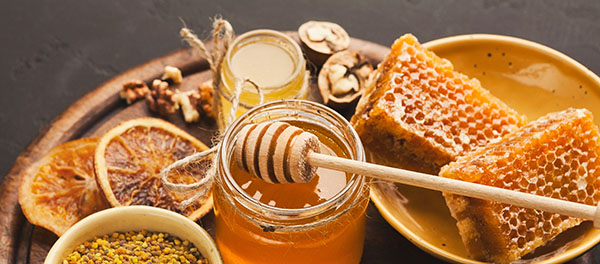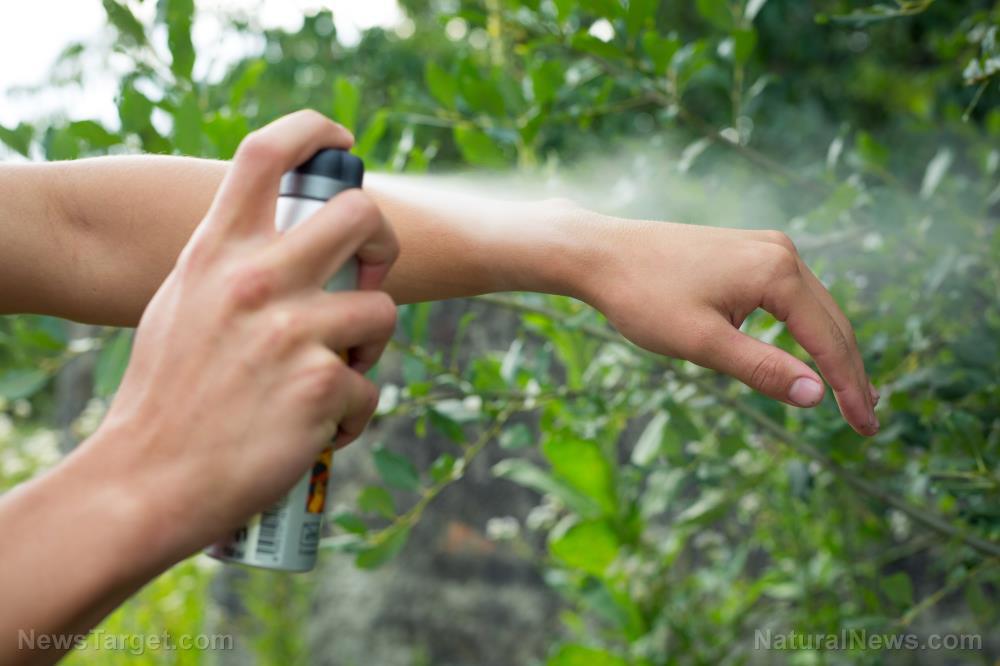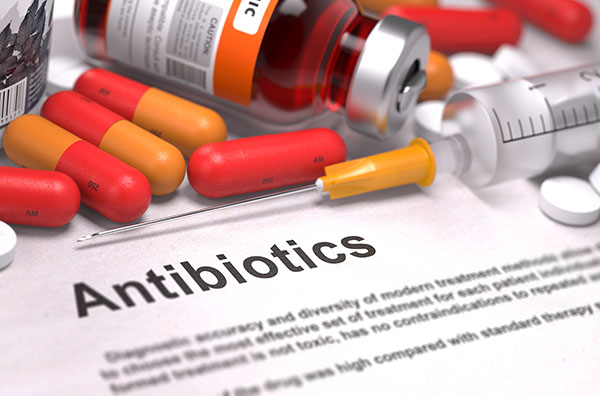
Various products derived from bees are known to possess health benefits. However, contaminants such as pesticides that bees inadvertently pick up can accumulate in these products and cause serious harms instead.
These products that stem from apiculture (bee-keeping) include bee bread or bee pollen, propolis, beeswax and royal jelly. But various contaminants such as pesticides can sully the health benefits of these, with a study in Food and Chemical Toxicology zooming in on this matter. The study authors from Hungary conducted a review of literature centering on the four apicultural products.
"Honey bees are important pollinators in most ecosystems, which are endangered by certain active substances, particularly … insecticides," they wrote. The researchers continued that bee pollen and honey derived from cultivated plants "are more likely to be contaminated with pesticides compared to those originated from plants of the natural flora."
A separate study published October 2012 in Scientific World Journal also focused on the various contaminants present in bee products and their health risks.
"Bee products … are widely consumed as food and medicine, and their contamination may carry serious health hazards," the researchers noted. "Honey and other bee products are polluted by pesticides, heavy metals, bacteria and radioactive materials."
The authors of the 2012 study advised against the use of contaminated honey as medicine or as an antiseptic for wounds. Honey's antibacterial properties have been known since antiquity. However, contaminants in the modern era have compromised this benefit.
How do these contaminants make bee products dangerous?
The October 2012 study expounded on the various effects of contaminants that sully the quality of honey and other apicultural products.
Pesticides are used around the world to control bee diseases and pests, with their administration being uncontrolled in most instances. These pesticides often contain chemicals that have been banned due to the health hazards they cause. Aside from bees, farm workers and their families are also exposed to these dangerous chemicals found in pesticides. (Related: Biologists: Pesticide regulations designed to protect bees are failing.)
Pesticide exposure can cause blood and nerve disorders, endocrine disruption, cancer and infertility. Some common substances from pesticides found in bee products include tau-fluvalinate, coumaphos and chlorfenvinphos. The latter two accumulate in beeswax to an extent that poses a potential health risk.
Antibiotics are often used in bee farms to treat bacterial diseases that can decimate hives. However, improper use of these drugs can contaminate honey and other bee products in the long run. Residues of such antibiotics in bee products can trigger allergic reactions in some consumers.
Moreover, the misuse and abuse of antibiotics could cause existing pathogens to become more resistant to these drugs. According to reports, two kinds of bacteria that cause diseases among bees are now resistant to tetracycline – an antibiotic originally meant to kill these off.
The study authors also noted the possibility of honey being toxic. They recounted reports of honey containers being contaminated with spores of Clostridium perfringens and C. botulinum. Both Clostridium species can cause food poisoning if ingested.
They also noted the dangers of honey derived from the flowers of certain plants. The study authors explained that some substances in the nectar of flowers do not pose a threat to bees, but are lethal to humans.
"Health authorities in all nations have to introduce firm laws that control and regulate honey production, handling and analysis to ascertain its safety," the authors of the 2012 study concluded. "These recommendations should also be considered when other bee products such as wax, bee venom, pollen and royal jelly are used either as dietary supplements or as medicinal remedies."
Watch the following video to learn more about three bee products – pollen, propolis and royal jelly.
This video is from the Holistic Herbalist channel on Brighteon.com.
More related stories:
Royal Jelly benefits humans as well as bees.
Overwhelming evidence shows pesticides are destroying bees.
Neonicotinoids kill honey bees by deactivating their immune systems.
Sources include:
Please contact us for more information.



















